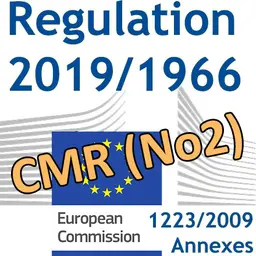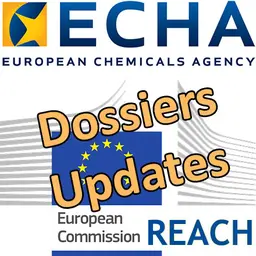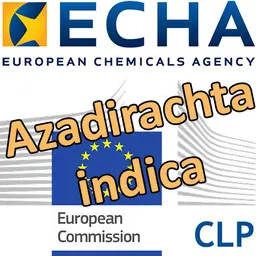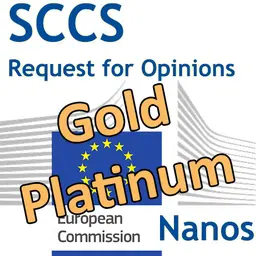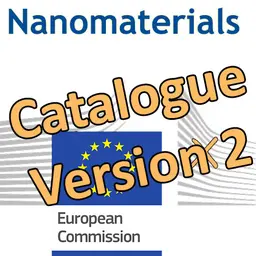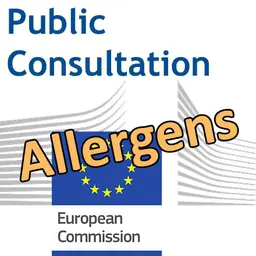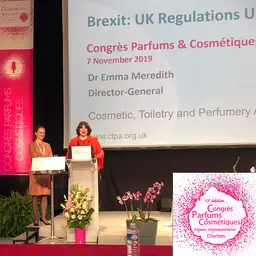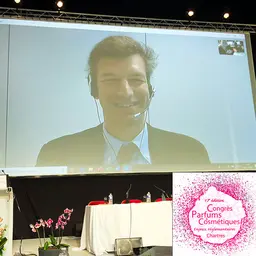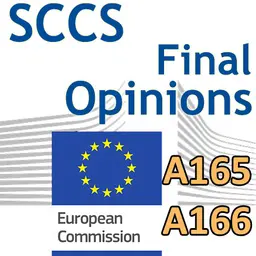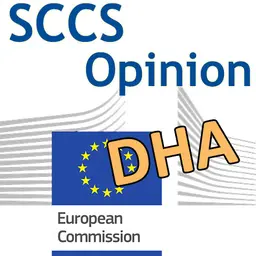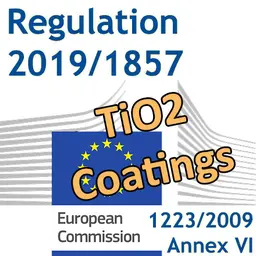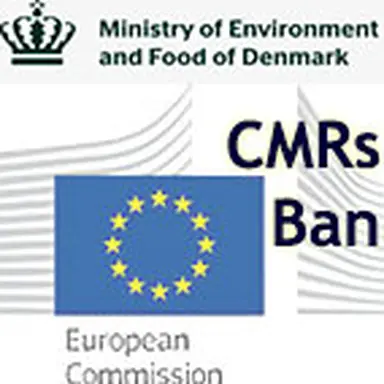
Since 2010 there has been an automatic ban on CMR substances in cosmetics throughout the European Union. According to the Danish Minister for Environment and Food, Esben Lunde Larsen, the European Commission no longer supports the automatic ban, and this is 'preposterous'. In a letter, he is encouraging the European Commission to maintain the automatic ban.
In a surprise move, says a communiqué published on 1st December 2016 on the Ministry of Environment and Food of Denmark website, the European Commission is to remove the automatic ban on the use of carcinogenic substances in cosmetic products. This may be harmful to human health, and Esben Lunde Larsen is urging the European Union to maintain the ban.
Communiqué of the Ministry of Environment and Food of Denmark
Since 2010 there has been an automatic ban on CMR substances in cosmetics throughout the European Union. CMR substances may cause cancer, may cause genetic defects and/or may damage fertility or the unborn child. However, now the European Commission has made a U-turn and no longer supports the automatic ban.
According to the Danish Minister for Environment and Food, Esben Lunde Larsen, this is preposterous. In a letter, he is encouraging the European Commission to maintain the automatic ban.
'Since 2010, the cosmetics industry has been banned automatically from using CMR substances in cosmetic products, because we know that these substances may be carcinogenic and impair fertility. I'm therefore very surprised by the sudden change of attitude by the European Commission, and that the Commission no longer considers the ban to be automatic,' said Minister for Environment and Food, Esben Lunde Larsen.
Consumer safety is key
The change of attitude by the European Commission impairs consumer safety, as a number of these substances will no longer be banned in cosmetic products, and this will increase consumers' risk of being exposed to these substances.
'I cannot accept that with no warning or consultation the European Union is simply changing their perception of the rules, so that in principle Danish consumers can be exposed to these harmful substances. This will also expose Danish businesses to unfair competition if they continue to comply with the automatic ban. Therefore, I have written a letter to the European Commission, in which I encourage them to maintain the automatic ban,' said Esben Lunde Larsen.
Facts
The European Commission has announced a change of attitude with regard to interpreting the rules on the use of CMR substances in cosmetic products.
A number of other Member States are expected to support the Danish position. For example, Belgium has also contacted the European Commission and expressed their disagreement with the European Commission's interpretation.
CMR is short for carcinogenic, mutagenic or toxic for reproduction, and means substances that may cause cancer, may cause genetic defects and/or may damage fertility or the unborn child” CMR substances have been banned in cosmetic products since 2004, and the ban has been automatic since 2010. An automatic ban means that substances are banned in cosmetic products if the European Union has agreed that the substance is a CMR substance (classified under the CLP Regulation). If the ban is not automatic, the substances can be used until the European Commission, by means of a vote, includes the substances on a list of banned substances.
This means that with the European Commission's new interpretation, it will take longer before a ban can be enforced, and that authorities have to wait for the European Commission to conclude their voting procedure.
CMR substances may be used in cosmetic products under exceptional circumstances, , including if the EU's Scientific Committee on Consumer Safety has assessed the risk of using the substance in specific concentrations for a specific use.
To go further
• See
Esben Lunde Larsen to the European Union: Uphold the automatic ban on carcinogenic substances in cosmetic products
, on the Ministry of Environment and Food of Denmark website, 1st December 2016
• Also see the article
Current cosmetics regulatory affairs as seen by the European Commission
, and the article
Current cosmetics regulatory affairs as seen by the industry
, on CosmeticOBS-L'Observatoire des Cosmétiques PRO Section, for a full background on this issue

